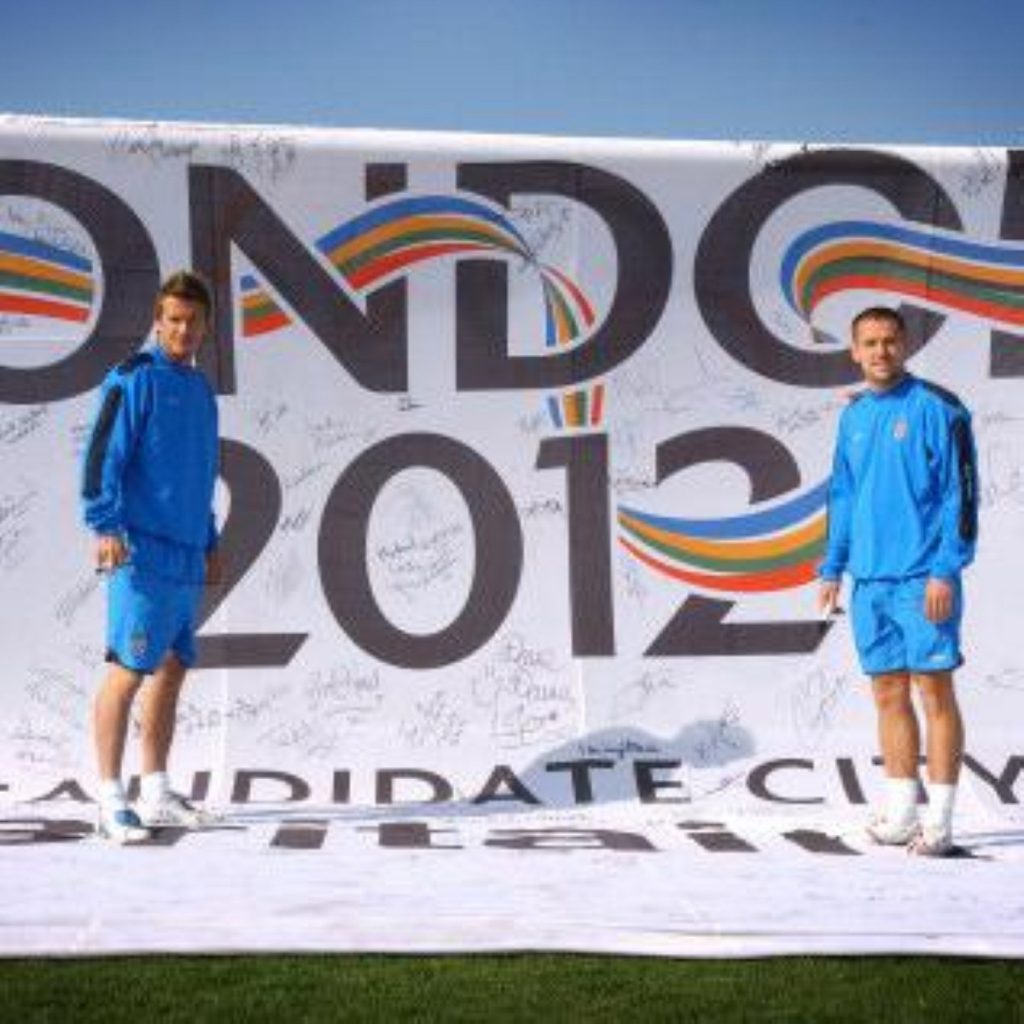Olympic prep begins with coaching programme
The government today launched a new initiative to prepare British school children for competing in the Olympics.
James Purnell, secretary of state for culture, media and sport, announced plans for a new campaign for coaching.
This will see 3,000 professional sport coaches training young people in schools and clubs, alongside 10,000 volunteer coaches to further boost participation and excellence in sport.
Speaking at the Labour conference, Mr Purnell said: “When children pick up a racket for the first time, I want someone expert alongside them. When they put on their running spikes for the first time, I want someone who has been trained to be there to train them.”


He also pledged government spending of £100 million on school sport; with the aim all children will be taking part in five hours of sport a week.
Although presented as a cultural accomplishment for Britain, the arrival of the Olympics in 2012 risks embarrassing the country if it has been unable to produce world class athletes.
The Olympics is not only the greatest sporting show on earth, but must be a massive catalyst for sporting talent in Britain, Mr Purnell told delegates in Bournemouth.
He said: “The Olympics are not five years of construction followed by a fortnight of competition. The Olympics can be a great sporting summer, flanked by a decade of aspiration.”
Mr Purnell said his world-class vision for British culture and sport could only happen if the government supported every child to be the best person they could be.
He said: “The Tories think that talent at the top trickles down to the masses. But the opposite is true – that we need to be world-class at the grassroots so we can be world class at the top.”
The secretary of state presented culture and sport as a social justice issue, using it to attack the Conservatives’ record.
He said the Tories sole cultural policy of scrapping free admission for museums was so unpopular the party had been forced into a u-turn within hours.
Mr Purnell promised to oppose “unfair” and “aristocratic” attitudes, arguing the place of government is to break “the stranglehold of privilege over life chances.”
He continued: “Britain really has got talent. But some of that talent never catches the light. If anyone remains whose talent lies hidden, then the essential job of Labour politics is not yet complete.”
Speaking in a question and answer session after this speech, Mr Purnell said the Olympics also posed opportunities for British tourism, construction and regeneration around the Olympic site.












